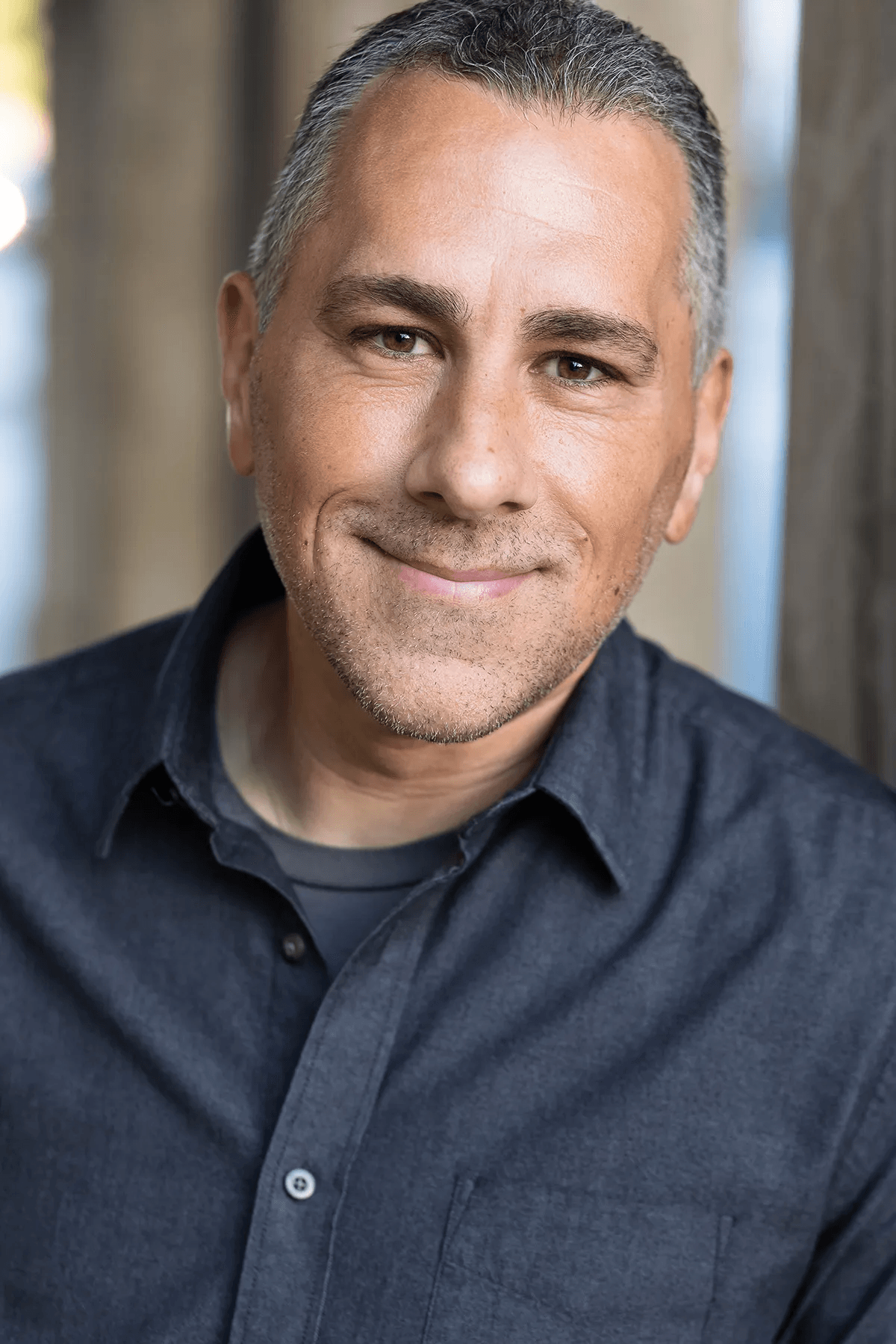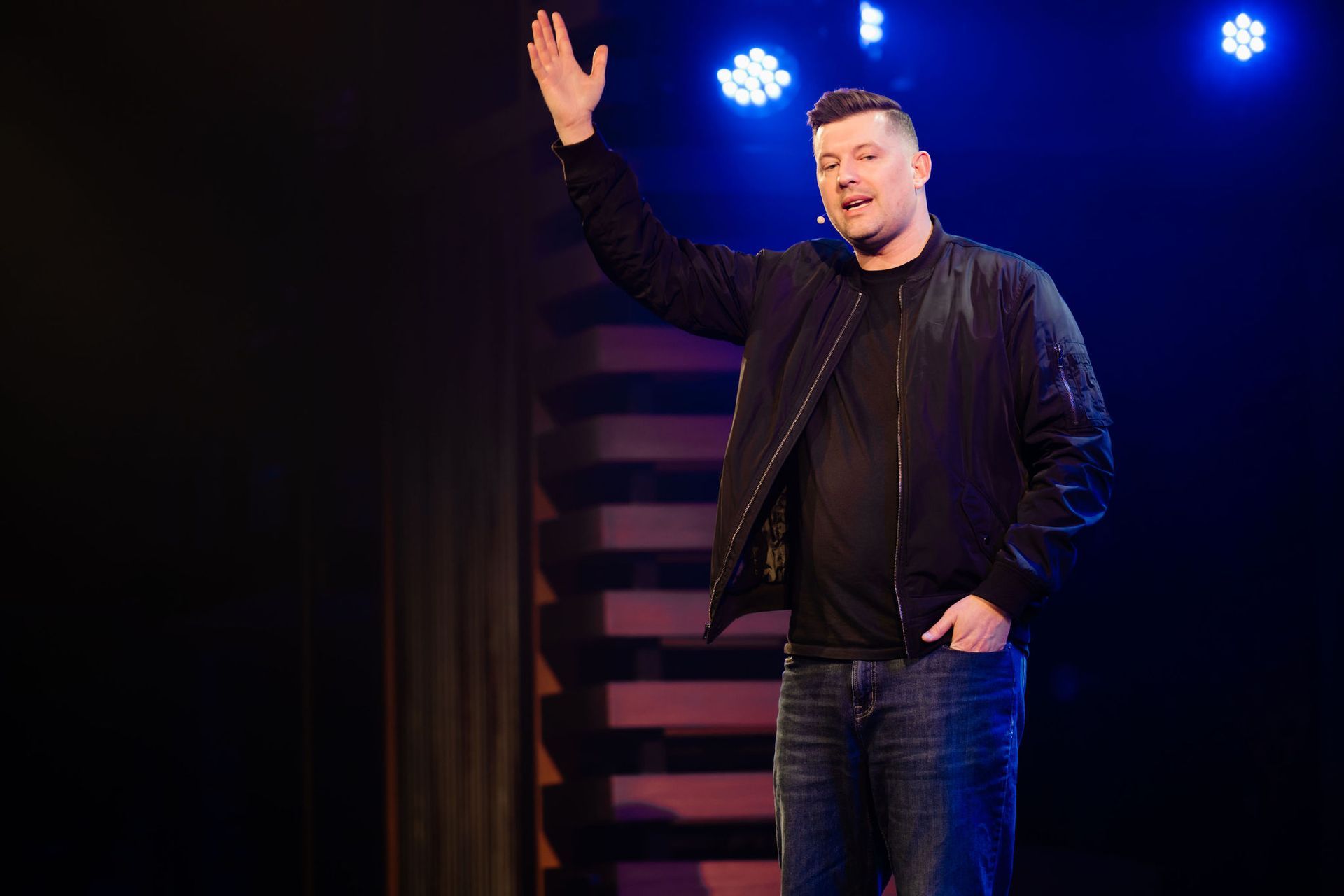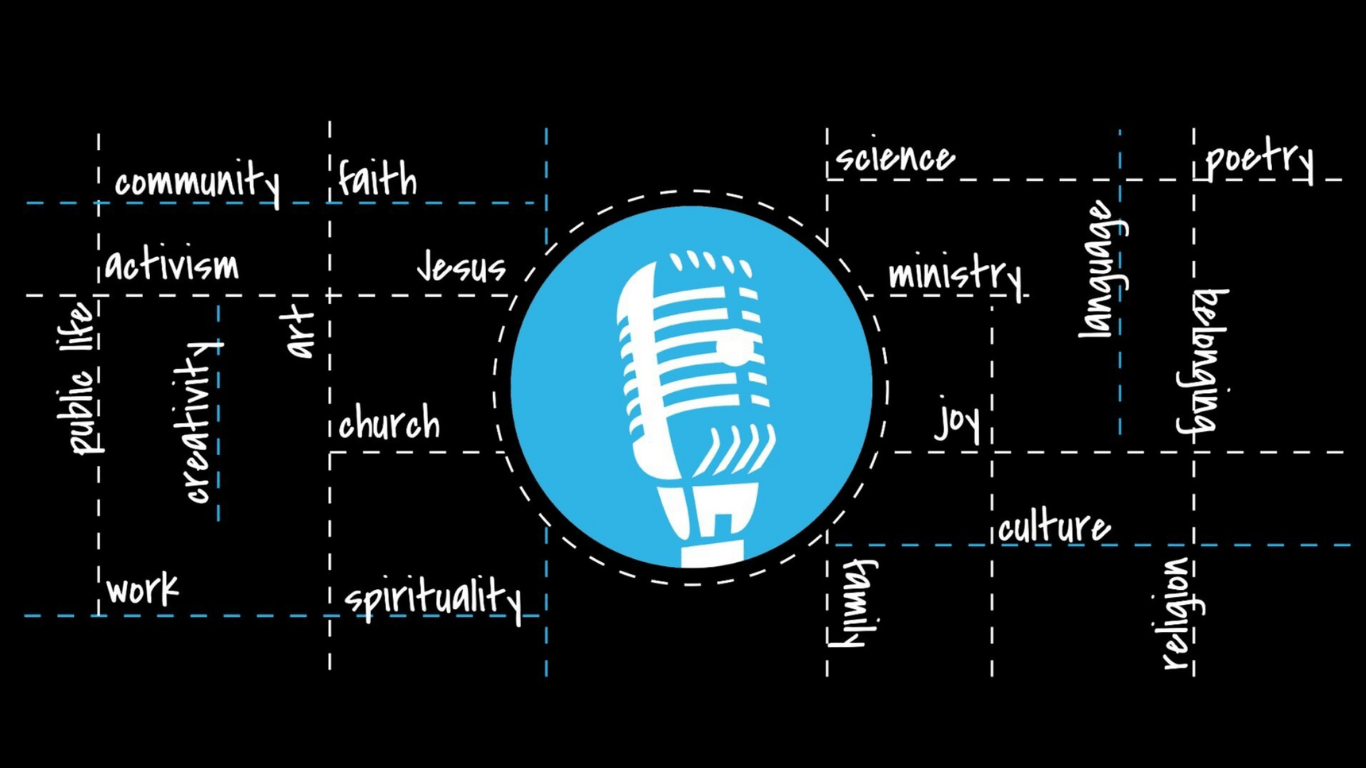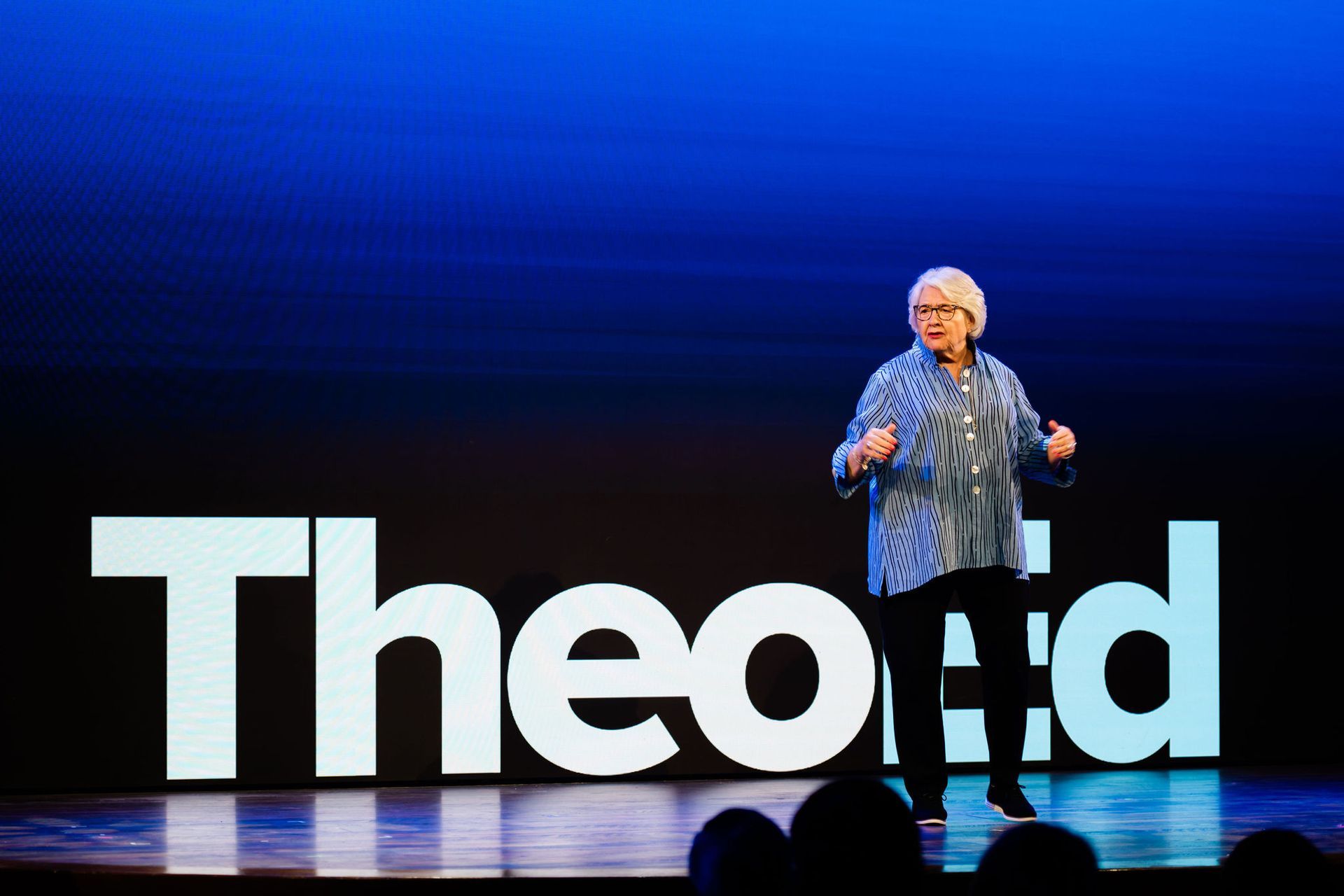John Pavlovitz is a writer, pastor, and activist from Wake Forest, North Carolina. A 25-year veteran in the trenches of local church ministry, John is committed to equality, diversity, and justice—both inside and outside faith communities. When not actively working for a more compassionate planet, John enjoys spending time with his family, exercising, cooking, and having time in nature. He is the author of If God Is Love, Don’t Be a Jerk, A Bigger Table, Hope and Other Superpowers, Low, Rise, and Stuff That Needs to Be Said.
Exit Interview: The Pastor I Wish I'd Been
John Pavlovitz
Author and former youth pastor John Pavlovitz explains why he wishes he would have been more open about his doubts and questions as a pastor.


By Julian Davis Reid
•
February 23, 2025
Julian Davis Reid explores the profound journey of finding God and navigating life's transitions. Through the lens of music, Julian uses the metaphor of chord changes to illuminate how we can approach personal growth and change in fresh, transformative ways. Whether in moments of uncertainty or when facing a new season of life, The Chord Changes invites you to rethink how you embrace change, shift perspectives, and find harmony in the unexpected.

By Josh Scott
•
February 23, 2025
In the context of re-wilding, Scott calls for a church that is less about programs and more about cultivating deep, organic relationships. He challenges traditional structures and encourages a faith that breathes new life into church practices—focused on true discipleship, deep listening, and a radical love that moves beyond the walls of the sanctuary into everyday life.
Nominate a future speaker
Contact
Thank you for submitting your nomination! We hope to connect with you soon.
Oops, there was an error sending your message.
Please try again later.
Please try again later.
Contact Us
TheoEd@emory.edu
404-727-3324



